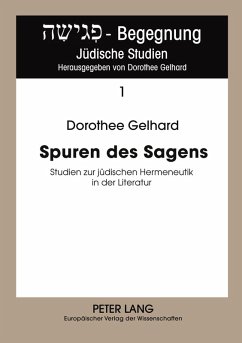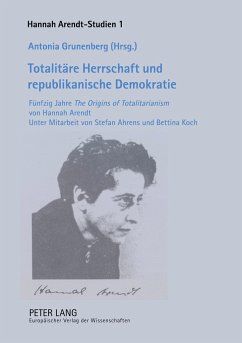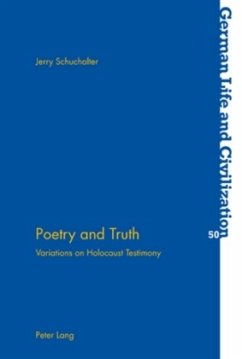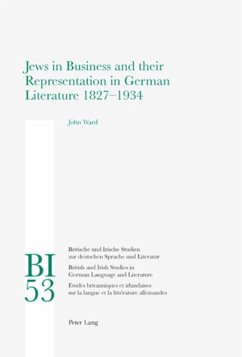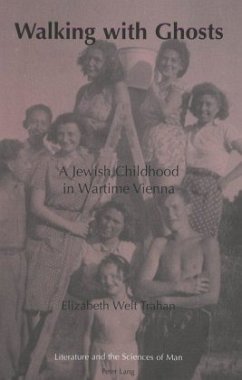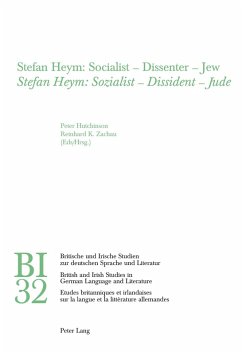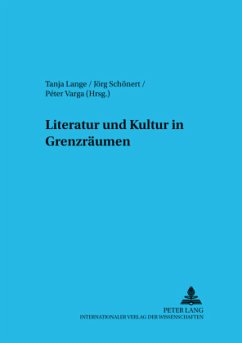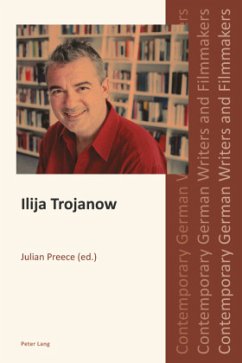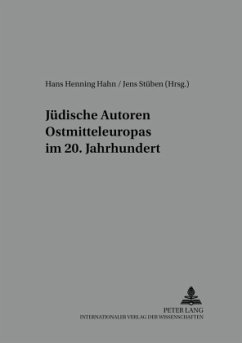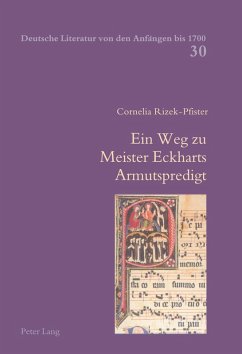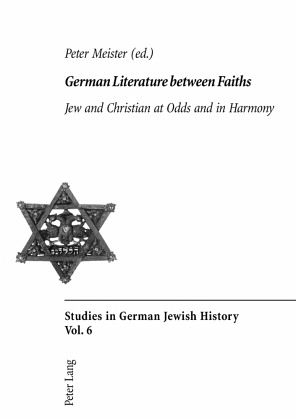
German Literature between Faiths
Jew and Christian at Odds and in Harmony
Herausgegeben: Meister, Peter
Versandkostenfrei!
Versandfertig in 6-10 Tagen
78,85 €
inkl. MwSt.

PAYBACK Punkte
0 °P sammeln!
Religion is a central concern of German literature in all centuries, and the canon looks different when this perspective is acknowledged. For example, Goethe's fascination with evil is difficult to disentangle from the Holocaust, Moses Mendelssohn is as profound as the playwright who portrayed him, and «Princess Sabbath» deserves to be numbered among Heine's more enchanting lyrics. This essay collection posits, and tests, the hypothesis that German literature at its best is often an expression or investigation of Judaism or Christianity at their best; but that the best German literature is n...
Religion is a central concern of German literature in all centuries, and the canon looks different when this perspective is acknowledged. For example, Goethe's fascination with evil is difficult to disentangle from the Holocaust, Moses Mendelssohn is as profound as the playwright who portrayed him, and «Princess Sabbath» deserves to be numbered among Heine's more enchanting lyrics.
This essay collection posits, and tests, the hypothesis that German literature at its best is often an expression or investigation of Judaism or Christianity at their best; but that the best German literature is not always the best-known, and vice versa. Asking whether the New Testament is anti-Jewish (and answering in the negative), essayists range through the German centuries from The Heliand to Kafka and Thomas Mann.
This essay collection posits, and tests, the hypothesis that German literature at its best is often an expression or investigation of Judaism or Christianity at their best; but that the best German literature is not always the best-known, and vice versa. Asking whether the New Testament is anti-Jewish (and answering in the negative), essayists range through the German centuries from The Heliand to Kafka and Thomas Mann.





